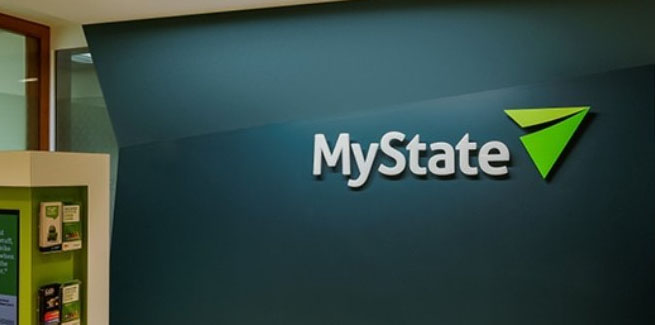In an address to shareholders at MyState Ltd’s annual general meeting, chairman Miles Hampton and managing director and CEO Melos Sulicich have hit back at the federal government’s criticism of banks’ pricing response to monetary policy easing.
The banks’ recent pricing behaviour prompted Treasurer Josh Frydenberg to commission the Australian Competition and Consumer Commission (ACCC) to conduct a new inquiry into mortgage pricing.
Stakeholders have largely welcomed the new probe but have called into question assertions that banks have placed the interest of shareholders ahead of the best interests of their home loan customers, with MyState the latest to weigh in on the debate.
According to MyState’s Mr Hampton, the government’s criticism failed to recognise that banks needed to balance competing interests.
“Borrowers want the lowest possible interest rates on loans; depositors want the highest interest rate on their deposits, and shareholders have a right to expect a reasonable return for their capital that facilitates the whole banking process,” he said.
“At the end of the day, our borrowers, depositors and shareholders decide if we have got it right. If our loan rates are not competitive, borrowers will go elsewhere, but we continue to see strong growth in our loan book. If our deposit rates are uncompetitive, there will be an outflow of our most important source of funding. Our innovation and competitiveness are helping to secure strong growth in retail deposits.”
Mr Hampton added that without a reasonable return to shareholders, the banks’ access to capital would be impeded, and would diminish its ability to “facilitate the important intermediary role we play in the Australian economy”.
He continued: “Our shareholders have endorsed our balance of competing interests with a relatively stable share price and strong participation in our dividend reinvestment plan.
“If the market tells us we’ve got it wrong, we make appropriate adjustments.”
MyState’s Mr Sulicich also stressed the importance of a “strong but competitive banking industry”.
“We are operating in a low and falling interest rate environment, the likes of which we have never seen before. This is challenging, and our recent decision not to pass on the full rate cut was necessary to ensure the sustainability of our business,” the CEO said.
“The banking industry has a fundamental role in helping customers to realise their financial goals and dreams and in supporting them with financial products and services that can make a difference in their lives and to the Australian economy.
“With interest rates nearing zero and even moving into negative territory in some developed countries, it will be increasingly difficult for Australian banks to continue to pay depositors positive interest rates for their money or a dividend that recognises investors’ cost of capital.”
Mr Sulicich accused the federal government of pursuing a political agenda at the expense of stability in the banking sector, and encouraged policymakers to consider other avenues for regulatory reform.
“Instead of scoring points by bank bashing, the government needs to focus on the harder task of enabling a competitive environment in which more than four banks are able to compete effectively,” he said.
“Our shareholders include investors who both support our role in the community and rely on us to provide sustainable returns.
“Smaller banks’ ability to compete has been crimped as we need to hold more capital on the same loans and funding is more expensive. Removing regulatory impediments will enable smaller banks to provide more of the competition that Australian consumers are demanding while allowing prudent banking decisions consistent with a stable, sustainable and competitive banking system.
Mr Sulicich claimed that smaller banks have been “constrained by entrenched regulation that favoured the bigger banks”.
“In our opinion, the banking environment and competitive and regulatory landscape remains tilted away from smaller banks like MyState. We need to hold more capital than the larger banks for similar loans, and the larger banks still receive funding cost advantages due to an implicit government guarantee,” he added.
“This reduces smaller banks’ ability to earn a return and compete for customers. We continue to talk to the government and regulators to find ways to address this imbalance.”
The MyState CEO added that despite efforts to improve efficiency, the cost of servicing a home loan “remains higher than that of a big bank due to regulation despite identical risk”.
“This reduces reward for innovation and competition, helping to sustain the margins of big banks,” he said.
Mr Sulicich concluded by noting concerns about the effect of lower interest rates on market confidence.
“We are finding that consumers are paying down debt on mortgages instead of spending on goods and services, which low interest rates are expected to promote, and the government needs to stimulate the economy to address this imbalance,” he said.
“This could be assisted by unshackling the constraints of banking competition, which have skewed lending practices and stymied the market.”
[Related: Westpac CEO hits back at critics, defends rate decisions]

